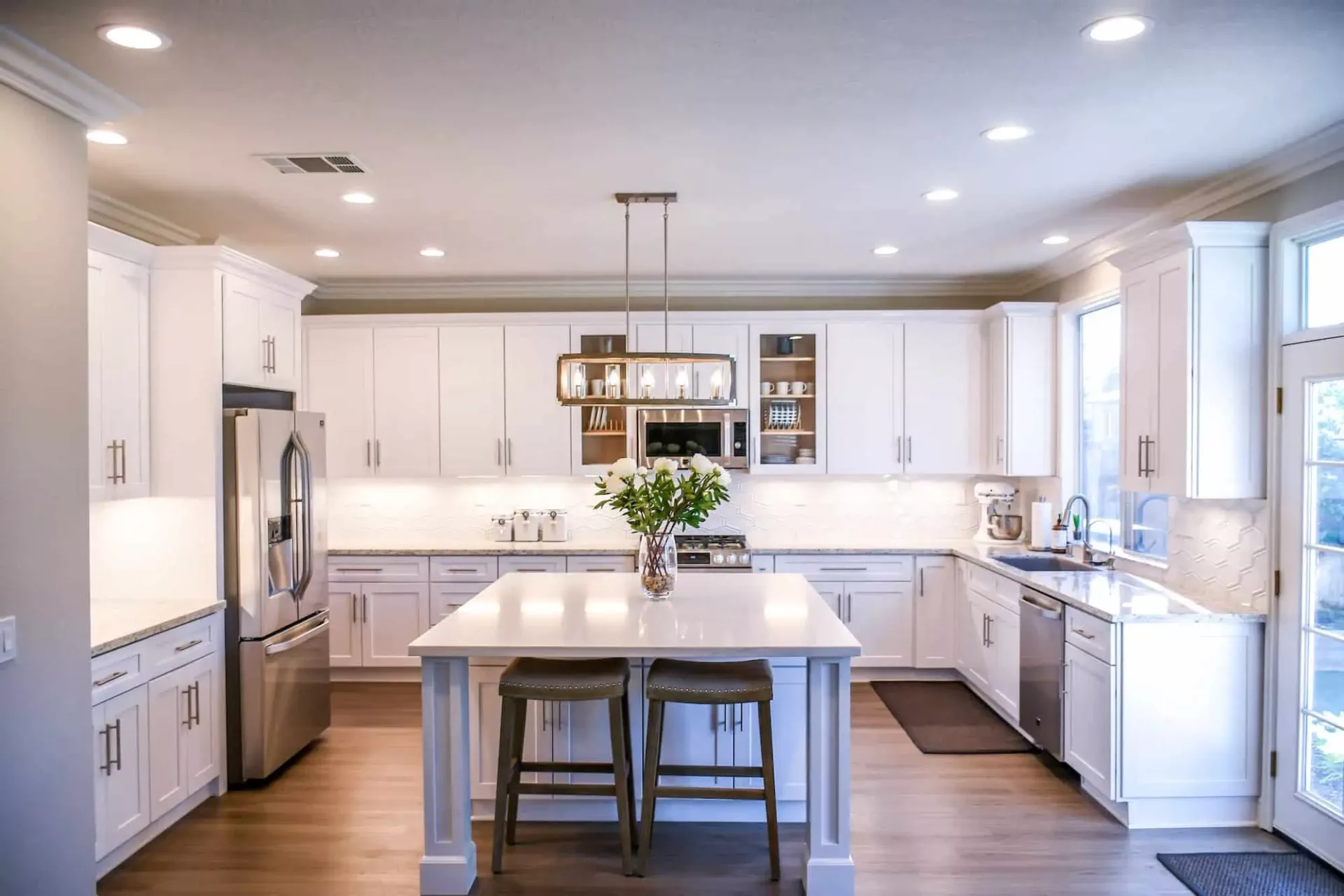As exciting as buying a new home can be, there are some things for which you must be careful. Even the best of us get bad advice, and following bad advice when it comes to purchasing a new home can land you in a heap of trouble. Over the years, homebuyers have created their various how-to lists and tips and tricks to pass on to other people shopping for a home to purchase. While some tips are undoubtedly helpful, many of these tips can be wrong for your situation, or outdated. Knowing what’s best for you and any loved ones living with you can be a challenge. Protect yourself, your loved ones, and your financial future by avoiding some common myths of home-buying.
Myth 1: You Must Have Perfect Credit

Don’t take this to mean that your credit score doesn’t matter – it absolutely does. The higher your credit score, the easier it will be to find a lender who will work with you, and the better your rates will be. However, your credit doesn’t have to be a jaw-dropping 850, either. The minimum score with which most lenders will work is 580, which opens the door to homeownership for many more people than the restrictive high scores.
Buying a home with less-than-perfect credit happens everyday, and you’re far from the only party whose credit has been subject to scrutiny. If your credit score falls below the typical minimum score, there are plenty of available options to help you save money, and rebuild credit. If you can’t find a local person to help you, a quick Google search for available credit agencies in your area will help you.
Myth 2: You Should Only Consider Single-Family Homes
While this isn’t the most pervasive of all the myths, it is strong enough to merit clarification and correction. Since the 1950s, the single-family home with a white picket fence has been a cornerstone of the American dream. At that time, this defined homeownership, and everyone learned that owning a home was the best way to build wealth and create a nest egg. While single-family homes are great for most, there are other options that deserve consideration. The truth is that purchasing a home is purchasing a space that you will own. While your new home could be a single-family home, it could also be a condominium, a loft, a studio, or a number of other possibilities. If a single-family home isn’t right for you, there is no obligation to buy one. A local real estate agent can help you find a space that’s a great fit.
Myth 3: You Should Only Consider Turnkey Properties
If you don’t already know, a turnkey property is a home that was built to be move-in ready, updated, and without the need for any repairs, or major renovations, except for what would make you more comfortable. Turnkey properties are highly desirable, and tend to run at the high end of the price spectrum. However, we have listed this as one of the home buying myths because if you can’t afford the mortgage on a turnkey home and still be able to save monthly, you can consider a home that could use a little love. Updating a home may cost less than you think. After your updates are complete, you can look forward to enjoying your new chapter in a custom home.
Myth 4: Hiring a Real Estate Agent Is a Waste of Money
It’s easy to write off hiring a real estate agent as an unnecessary expense, but don’t forget that while shopping for a new home can be exciting, it can also be tedious and time-consuming. That’s why this is one of the more common myths. Hiring an experienced, local real estate agent will save you most of the trouble of hunting down a home that’s within your budget, scheduling a time to see them, and then facing the mountain of paperwork that inevitably comes when a home changes ownership. If you’re ready to sell your home, a real estate agent will also be your best bet: agent-represented homes can net tens of thousands more, on average, than For Sale by Owner Homes.
Myth 5: You Don’t Need an Inspection for a New Home
Never, ever skip your home inspection. This is one of the myths that can be really detrimental to your finances. Even if you have absolute confidence in the seller and the integrity of the home, you could still easily shoot yourself in the foot by letting an inspection slip by. Home inspections typically focus on every component of the home – the walls, foundation, electrical, plumbing, and HVAC systems, as well as the roof, and windows and doors.
Make sure that you also ask your home inspector about insect activity, the septic system, and other things on which you think that your home inspector may be able to advise. The home seller should also be present during the inspection. Some things that may seem wrong about the home may have plausible explanations. For things that need work, sellers are usually good about negotiating the price of the home with consideration for the cost of repairs. This is also a great opportunity for your real estate agent to step in, and help you with the negotiations if you do fall in love with a home that needs some work done to be right for you.
Myth 6: You Should Buy the Most Expensive Home That You Can Afford
Only a few people want a mediocre home in which to spend the rest of their lives. Going over the top, though, can easily happen if you don’t keep a strong, realistic perspective about what you can comfortably afford. While you may think that you’ll be happier with the biggest house on the block, your wallet will be less happy. If you have a change in circumstances, you may not be able to afford your mortgage, and all of these possibilities behoove you to stay within or below your budget for a new home.
Even if the most expensive home is your dream home, buying at the top of or above your budget will strain your monthly finances and put you at a huge risk of foreclosure. If you don’t want to lose your home, the quintessential advice is to be smart about the way that you manage your money, and the home that you choose.
Protect yourself and your future by not falling prey to these 6 myths of home buying.
Get Your No Obligation Offer in 24 Hours or Less!
Give us a call at (702) 213-9800 or fill out our form to get started.
